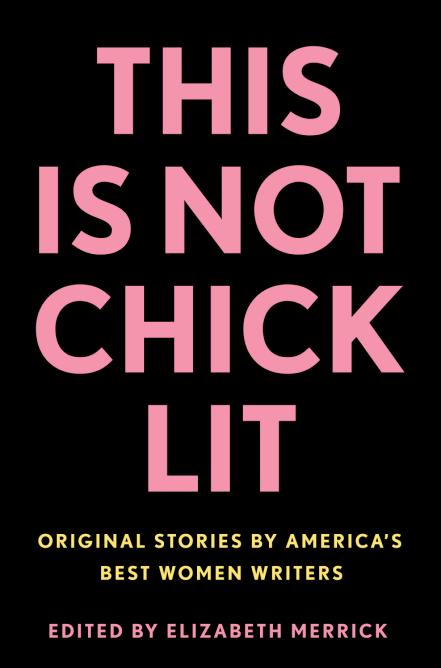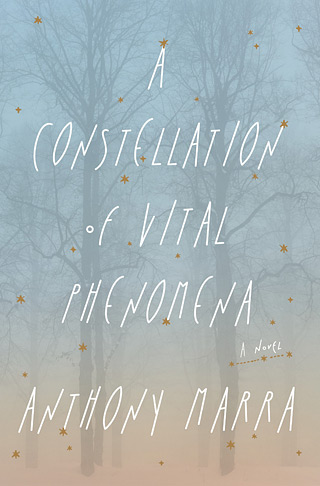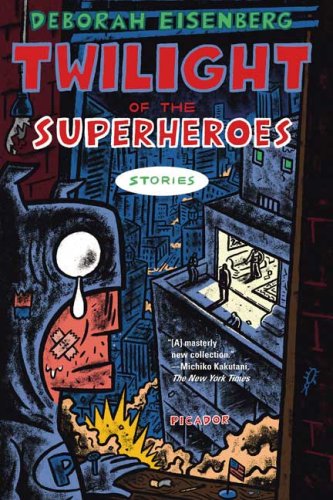Aja Gabel's stories can be found in New England Review, New Ohio Review, Southeast Review, Glimmer Train, and elsewhere. She has won fellowships from the Sewanee Writers' Conference and the Fine Arts Work Center in Provincetown, and has an MFA from the University of Virginia. She is a PhD candidate at the University of Houston and a fiction editor for Gulf Coast.
Tragedy and Art
Aja Gabel
Apr 17, 2013
I am living on Cape Cod, at the very tip, where, on a clear day, at the top of Pilgrim Monument, you can see Boston in the distance, across the water. When the marathon bombing happened, it was a sunny, beautiful day, almost warm enough not to wear a coat, and I was the only patron in a souvenir shop on the main drag, and the man running the store said to me, suddenly, "Sorry," as if he had done something wrong. "What?" I asked. And he said, pointing to his phone, "Something exploded at the marathon." We looked at his phone together, reading the first confused reports from the finish line, and on the walk back home, I peered out at the horizon, trying to see something, but saw nothing.
Once back at home, I discovered the Internet had lost its mind. The TV was an even worse place to go. In that week, it was best to keep quiet, and wait, and watch, and listen, and not judge. Instead of Internet conspiracies, I wanted someone to make emotional sense of it all. Instead of hysterical TV anchor speculation, I wanted considered narrative, acknowledged inaccuracies, the unknowable observed. I wanted what can't come until the ash has settled, until the horror has made a tiny, cobwebby home in our collective consciousness, until we stop being angry at whomever, and start being curious about our vulnerability. I wanted art.
I don't know whom I'm saying it to, but I want to say sorry, too. Sorry, let's try not to fuck this up. Sorry, let's not get jingoistic and xenophobic. Sorry, Syria, that this happens in your country every day. Sorry, Boston, we see you.
Some people might say that without tragedy, there would be no art. I'm a big believer that without art, there would be no healing. There's a lot of tragedy going around lately. I hope that means lots of really excellent art in the coming years.
In the meantime, here are a few contemporary stories that make art out of large-scale tragedy without taking advantage of it. I'm sure I'm missing lots of voices. Leave your own suggestions below.
 |
Samantha Hunt: "Love Machine," from This is Not Chick Lit, ed. Elizabeth Merrick
This story, which begins with the sentence, "Once upon a time two men lived down at the bottom of a nuclear-missle silo," and ends with a sexy robot confronting the Unabomber, will knock your socks off with its audacity. It's as much about war and the fear of violence as it is about the universality of loneliness and desire for love. Samantha Hunt can do anything. Also, this anthology is worth owning, 'cause of all the cool chicks in it.
Martin Amis: "The Last Days of Muhammed Atta," from the New Yorker
This was one of the first pieces of fiction I read about 9/11 after 9/11 happened. In my memory, I read it wincing, thinking it was too soon; but now I see it was published in 2006, a good five years after the date. It still felt fresh and raw, and it does now, too. It is an effort to imagine, based on research, the last few days of one of the hijackers. It is expertly empathetic, cautiously respectful, and endlessly interesting.
Anthony Marra: "Chechnya" from Narrative and A Constellation of Vital Phenomena
I first read Tony Marra's story, "Chechnya," in the 2011 Pushcart Prize anthology and was stunned by its cutting pathos and careful execution. It follows Sonja, a surgeon in war-torn Chechnya, and the parallel flashback of what happened to her dead sister. The story (thankfully) grew into a novel,
A Constellation of Vital Phenomena, which is coming out next month, and which Sarah Jessica Parker has called the "
greatest book of 2013." If it's good enough for SJP, it's good enough for me.
Jo Ann Beard: "The Fourth State of Matter," from The Boys of My Youth
I came to this classic essay late, in a power outage in the middle of a blizzard this winter, reading by flashlight, and I couldn't stop. I am wary of saying too much about this essay, in case you haven't read it yet, but it starts with a dying collie and then takes you through a meditation on violence and blame and all different kinds of heartbreak.
Deborah Eisenberg: "Twilight of the Superheroes" from Twilight of the Superheroes
Deborah Eisenberg is the quintessential New Yorker--they don't make them like her anymore--and the title story of her latest master collection follows a few groups of city-dwellers just after the 9/11 attacks. It's fragmented and full of white space, an elegy for the sudden absence in Manhattan's architecture, and resonant of the dislocation felt by a society suddenly set loose. I don't really get how the story works yet--it'll leave you breathless and bewildered in the best way--but I keep reading it, hoping to someday figure it out.




Comments (0)
Add a Comment